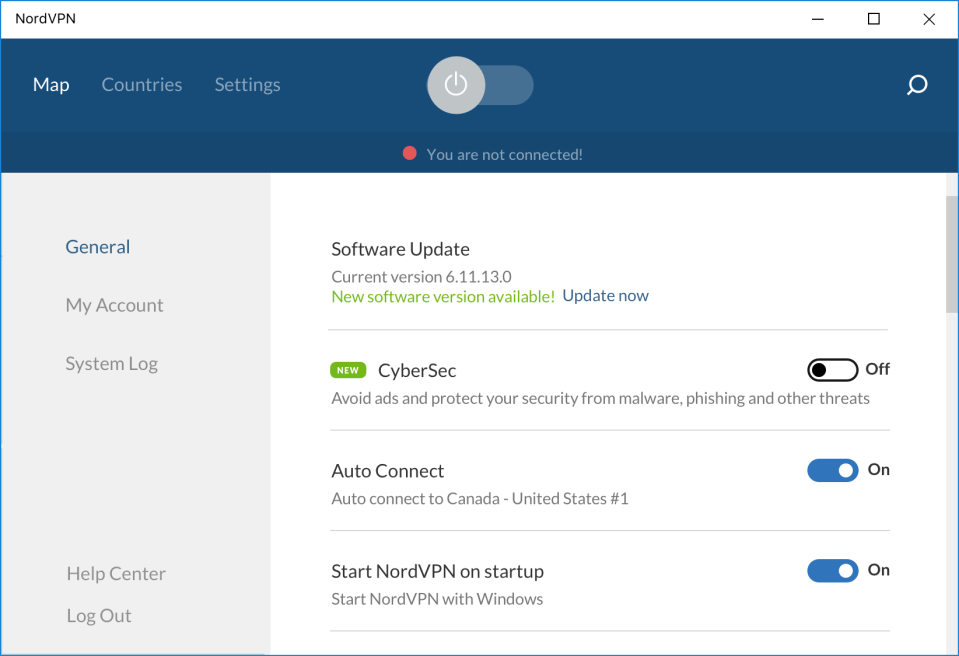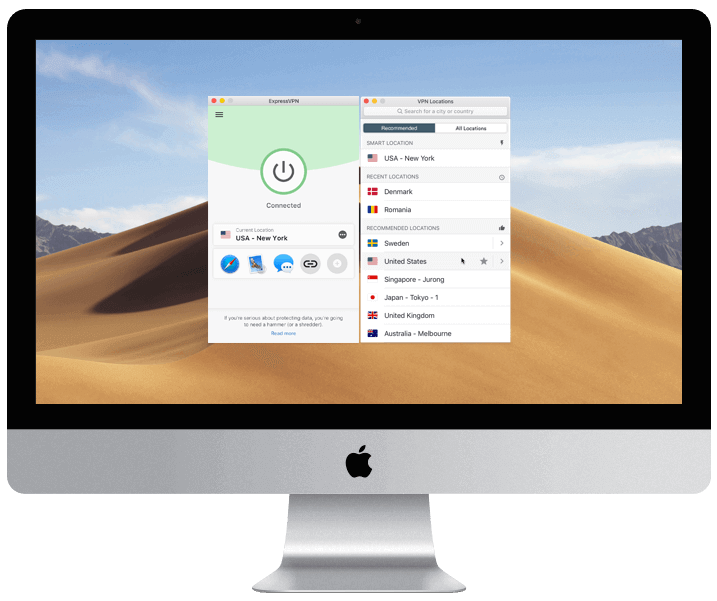What is a VPN and should I use one?: Tech Support
Online privacy is as important as ever. But trying to keep your internet activity safe from the likes of hackers, advertisers, and government tracking isn’t as simple as avoiding suspect websites or phishing emails.
If you want to ensure you’re not being tracked by anyone — ranging from your internet service provider, which can sell anonymized browsing data about you, to malicious actors looking to steal your personal data or track your whereabouts — a virtual private network, or VPN, is one of your best options to stay secure.
What is a VPN?
When you visit a website, your data leaves your device, travels over the public internet, and connects to the server for the site you want to visit. Along the way, your data can be seen by advertisers, hackers, and government entities.
A VPN, however, is a service that masks your connection. Instead of your data traveling over the public internet, it is first sent to the VPN provider’s server which encrypts your information.
From the VPN your data goes to the website you’re trying to access, which then sends data back to you across the same route.

Since your data is secured during its trip through the VPN, it’s largely protected against malicious actors looking to intercept it in order to steal things like your banking information or otherwise snoop on you.
Chances are if you’ve been working from home, you’ve had to connect to a VPN to securely access your office’s private network and services.
The added benefit is that VPNs can make it appear as if you’re connecting from anywhere in the world other than your home, or wherever you traditionally connect to the internet, by obscuring your internet protocol, or IP, address.
Your IP address is basically your computer or smartphone’s mailing address for the web. It allows data to be sent directly to and from you over the public internet.
When using a VPN though, the VPN’s exit point to the public web becomes your new IP address. That means, to websites and trackers, it will appear as if you’re located wherever your VPN is located.
Do VPNs collect user data?
While VPNs are a good way to protect yourself online, it’s important to take note of how they operate. Most reputable VPN providers, such as Virtual Private Access or NordVPN, will provide you with a detailed list of the data they collect.

NordVPN, for instance, is based in Panama where it processes user data and guarantees a “no-logs” policy, meaning it doesn’t log data — including connection timestamps, session information, used bandwidth, traffic logs, or IP addresses. The only data it does monitor is server load information, cookies, Google Analytics data for website performance information, and customer service inquiries.
Not all VPNs are created equally, though, so it’s important to look at their privacy policy and terms of services information to see what they may or may not store.
Are there any problems with using a VPN?
If you’re generally browsing the web, using your VPN shouldn’t be a problem, as most websites and services will treat your data as if it’s coming through a normal internet connection. But there are a handful of services that don’t work with VPNs.
Netflix, for instance, bans the use of VPNs. That’s because the company licenses content for different regions and countries, meaning a show available in India may not be available in the U.S., and vice versa.
Users originally got around these regional restrictions by using VPNs to make it appear as though they were living in the country in which the movies or shows they wanted to watch were available. But Netflix put the brakes on that workaround.
If you’re using a smart home device that needs to connect directly to your home network to function, like Google’s (GOOG, GOOGL) Chromecast, you’ll also need to turn off your VPN, or it won’t be able to connect properly. Since VPN’s are just apps that run on your device, temporarily disabling them is as easy as flipping a switch.
Should you get a VPN?
So should you get a VPN? If you want to stay off of advertisers’ radar, avoid government tracking, or simply travel abroad, VPNs can be incredibly helpful. There are a number of reputable options out there including both NordVPN and Private Internet Access, as well as ExpressVPN.
Prices range from $12.95 a month or $99 for $15 months for ExpressVPN to $11.95 a month for NordVPN or $83.88 a year.
Got a tip? Email Daniel Howley at [email protected] over via encrypted mail at [email protected], and follow him on Twitter at @DanielHowley.
More from Dan:
Zoom earnings skyrocket as coronavirus use booms, beats Wall Street estimates
Roku updates its Roku Channel, pushing further into competition with Netflix, Hulu, and Disney
Trump’s attack on Twitter could rewrite the rules of the internet
Follow Yahoo Finance on Twitter, Facebook, Instagram, Flipboard, SmartNews, LinkedIn, YouTube, and reddit
